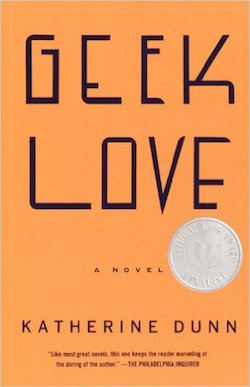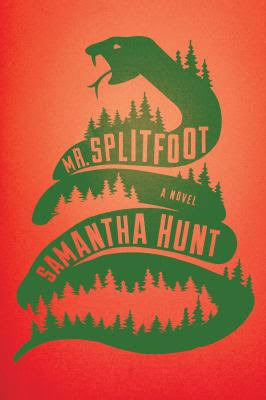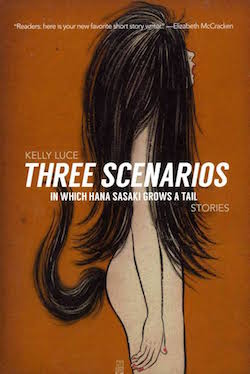Heroes of Weirdness: In Honor of Katherine Dunn
I came to Geek Love late in life — just a couple of years ago when I was 36, as I tackled edits on my own novel. I’d heard of Katherine Dunn for years, of course, but I was totally surprised by the weirdness in her work. Everything in Geek Love felt like a madwoman’s treasure hunt, complete with freaks, carnivals, flippers, Siamese twins, fetish strip clubs, and — yowzah — limb amputation. Here was a humpbacked narrator, powerful, vengeful, anything but a victim, and her diabolical family of misfits, humanized, metaphorical, as infinite in their weirdness as they were infinite in their reflection of us and our fragile relationship with normalcy. I loved the novel so much that I immediately went back and read it a second time, something I’ve only ever done with two other favorite books, Haunting of Hill House and Dubliners.

Dunn was more than just the brilliance of Geek Love, of course. She was a well-known sports reporter, covering boxing for the Willamette Weekly and other major news sources, and she wrote and published two novels before Geek Love, Attic and Truck, in 1970 and 1971, respectively. She worked in Portland as a waitress and, as her son wrote in her obituary, faced many challenges as a single mom.
Fortunately for us, she kept writing, and Geek Love became an unlikely best-seller. She never published the much-anticipated follow-up novel, but in 2009 Schnaffer Press did publish a compilation of her essays about boxing, One Ring Circus. Given the punchy, agile toughness of her fiction, it’s hardly a surprise that boxing fascinated Dunn. The sport is, in its rawest form, a manifestation of how we treat one another, how we relentlessly jab and skulk and pound and absorb and bleed and—despite our suffering—return for more.
The truth is, out of all of the celebrity deaths this year — and there have been many — I personally feel Dunn’s passing the most.
An excellent way to celebrate Dunn is to revisit her work, which no doubt many of us will do, but what might also ease her passing is to note the other women writing similarly strange and relevant fiction. Here’s a list of some of my favorite weirdo authors, who are, like Dunn, deft at drawing open the mundane curtain of everyday life and showing us the absurdism taking place behind it all:
Helen Oyeyemi This fairy-tale weaver’s latest, What is Yours Is Not Yours, begins with the quintessential set-up, “Once upon a time,” and then cleaves into unique short stories about “keys” and everything a key can symbolize, i.e. the opening of gateways, or the locking up of secrets. I also loved her last novel, Boy, Snow, Bird, a retelling of Snow White that is also a brilliant meditation on identity, race, and racism.

Diane Cook Cook’s short story collection, Man V Nature, is perhaps my favorite book about womanhood and environmental destruction. The stories are as strange as they are relevant to our contemporary life.
Julia Elliott Elliott penned my very favorite piece of last year’s Best American Short Stories, a grim gothic story called “Bride” about an abbey and a self-flagellating nun. Her lovely collection, The Wilds, published by Portland’s Tin House Books, contains a diverse supply of characters, eras, and strange situations that any Dunn-o-phile will appreciate.
Mercé Rodoreda Rodoreda (1908-1983) is as quintessential of an author in Spain as Dunn is here in the Northwest. One of her lesser-known novels, Death in Spring, is arguably the most impactful, difficult, and weirdest book I’ve ever read. It centers on a startling image: Villagers in an unnamed society securing the infirm and frail up to their necks inside of tree trunks and then pouring cement into their pried-open mouths. I picked this up this after Jesmyn Ward (author of the wonderful Salvage the Bones) mentioned it on NPR. It’s a novel I find myself musing over years later: It’s a total trip, disturbing and original. No wonder Gabriel García Márquez worshipped her.

There are others, too, well-known and beloved, like Karen Russell and Kelly Link and Kate Bernheimer — Heroes of Weirdness, all — and I hope reading these oddballs of the literary world will help in celebrating Dunn’s broad influence.
Katherine Dunn is dead. Long live Katherine Dunn! Here’s to weirdness in the Northwest and elsewhere, and to reading literature that surprises us and transforms us as if by magic. Carry on, my dreamlets, and keep uncovering and extolling your own weirdness in the world, whether you wear it on the outside or not.